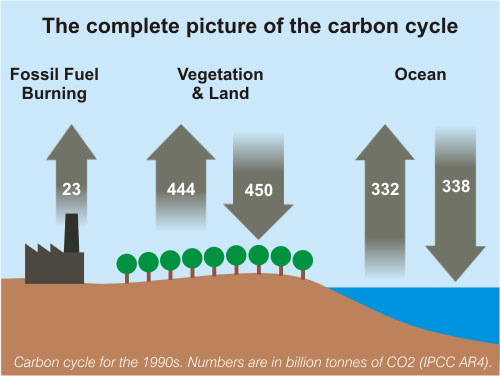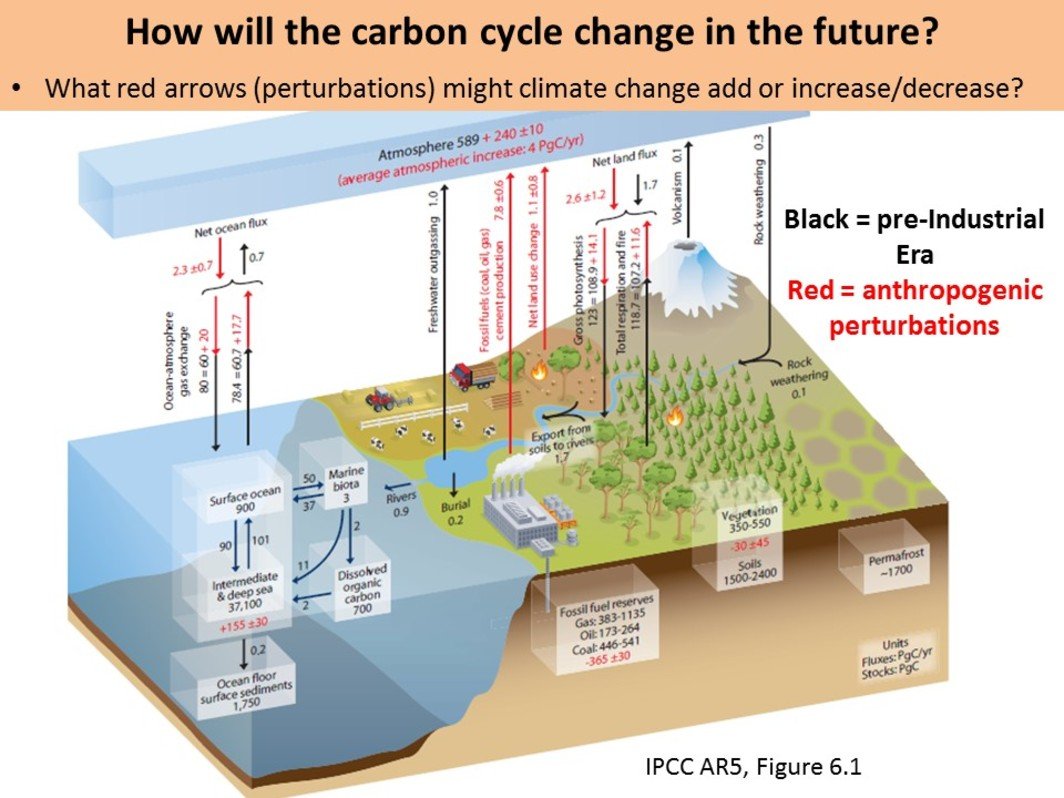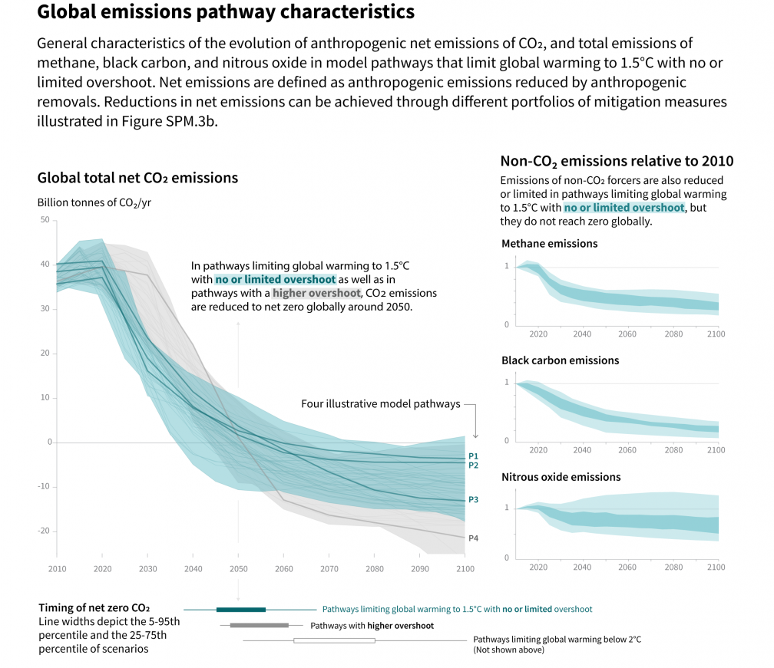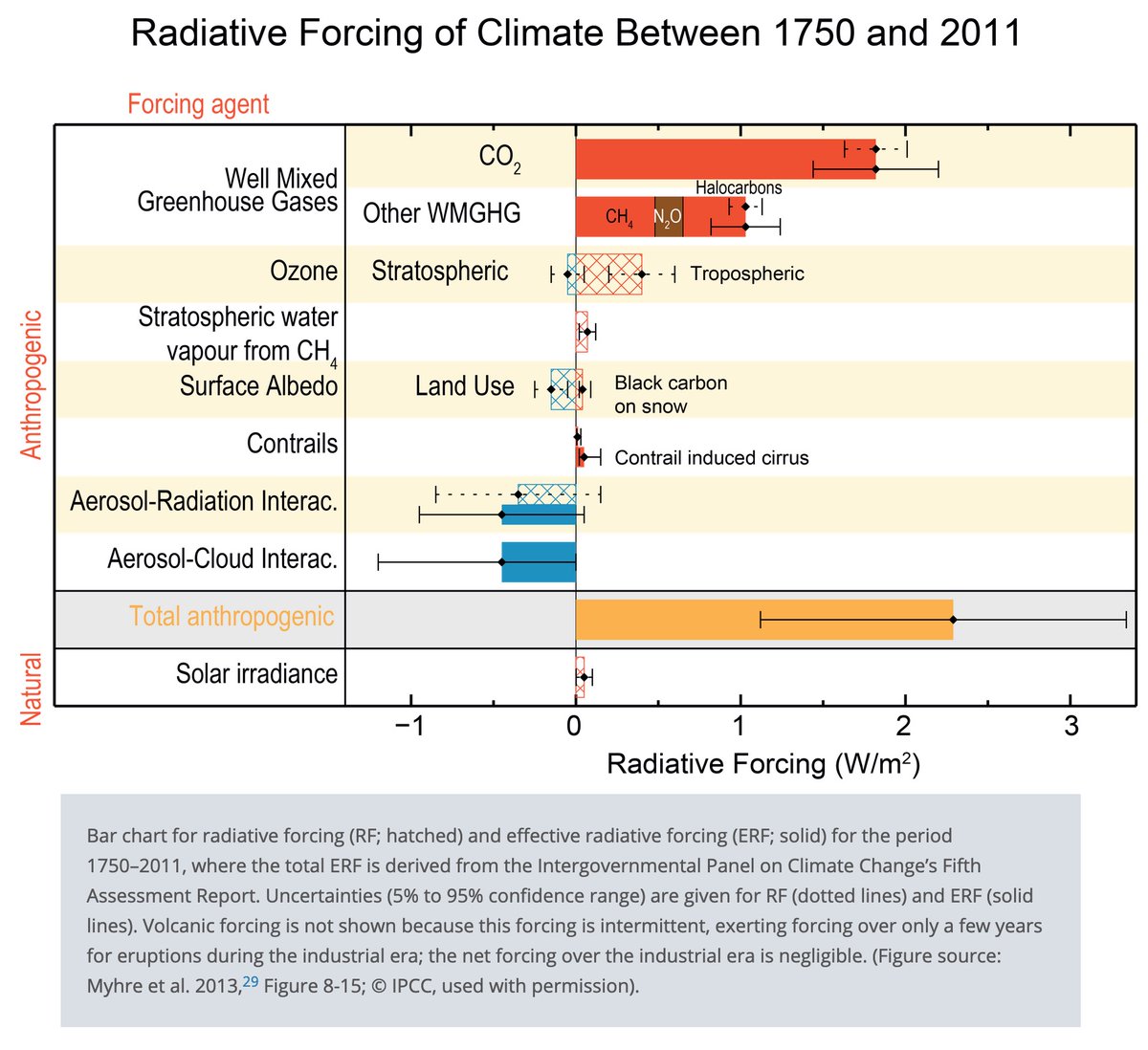Wednesday May 20th… Dear Diary. The main purpose of this ongoing blog will be to track United States extreme or record temperatures related to climate change. Any reports I see of ETs will be listed below the main topic of the day. I’ll refer to extreme or record temperatures as ETs (not extraterrestrials).😉
Main Topic: Notes About The Interaction of COVID19 and Climate Change From Dr. Katherine Hayhoe
Dear Diary. Anytime a climate expert reaches out to me I do pay great attention. It’s very important to get their messages across to the general public as we slog through a climate crisis, which will last through multi generations. Today I am posting information from Dr. Katherine Hayhoe, who has gathered some thoughts on carbon emissions, which are at least temporarily being stymied by less industrial and transportation activity due to the COVID-19 pandemic. Without further ado, here is her Twitter thread:
https://threadreaderapp.com/thread/1246474172647251974.html
Prof. Katharine Hayhoe @KHayhoe
First, don’t look to short-term monthly concentrations for evidence of a drop in human emissions. Over timescales shorter than a year, CO2 is primarily controlled by the biosphere which releases (and absorbs, which is key) ~10x more carbon than humans.


Second, the long-term upward trend in CO2 is the result of CUMULATIVE, not annual emissions: every single brick we’ve been putting on the pile every month since the dawn of the Industrial Era. Today, adding a brick 25% smaller for 1-2 months isn’t going to make a big difference.

Third, as the pandemic passes, carbon emissions will most likely bounce right back up again, and possibly then some, as industry does its best to make up for lost productivity, income, and wages. So any slowdown is temporary at best. So does that mean it’s hopeless?! If even such extreme, draconian measures to alter human behaviour as we’ve seen the last few months aren’t enough to impact climate change, how do we even have an ice cube’s chance of fixing it long-term?! NO! In fact, exactly the opposite! … The reason why the pandemic isn’t likely to reduce carbon ems long-term is because those ems weren’t reduced by sustainable changes in human behaviour, by increasing efficiency, replacing fossil fuels w clean energy, and drawing carbon down into the soil.
…instead, carbon emissions are currently being reduced by human behaviour changes that are not sustainable.
BUT (and here’s the hopeful part), if the emissions reductions HAD been achieved through true climate solutions, then the impact on climate would have been ENORMOUS. Very roughly: estimates for reductions in China’s Feb emissions range from about 15-25%. They’re the world’s top emitter on an annual basis (the US is #1 cumulatively). Let’s assume that globally, the pandemic leads to worldwide reductions of 10-15% for a month or two. Emission pathways to a 1.5oC future require around 40% reductions in carbon emissions by 2030. So if the changes we’re seeing today were actually permanent, that would mean we’d already be 25-38% of the way there in JUST A FEW MONTHS. That’s AMAZING!!!

The other positive thing this pandemic has taught us is that, when disaster stares us in the eyeballs, we ARE ready to act at a scale commensurate with the threat. With climate change, though, by the time we get to that point, it’s more than likely going to be too late. And that’s why it’s so important to clearly communicate the real, present, and relevant risks of climate change to combat the three challenges of psychological distance: the myths that we think it’s a future issue, that only affects people far away, or issues I don’t care about. The reality is that climate impacts are here. They are now. And they matter to all of us already, because they affect everything we already care about. Read:
PS. Many have also asked about the short-term effect of reduced air pollution and aerosols, which act to cool the planet. Could their reductions cause a short-term temperature spike and, if so, how much? I’ve many colleagues better equipped to answer this, but back-of-envelope: According to NOAA’s Annual Greenhouse Gas Index, radiative forcing due to well-mixed greenhouse gases was +3.1 W/m2 as of 2018. According to IPCC, best estimates of negative forcing due to aerosols is slightly below 1 W/m2 (see below).

As above, assume the economic slow-down leads to a 15% global reduction in fossil fuel combustion + associated emissions. This recent study by Lelieveld et al estimates that removing ALL fossil-fuel related aerosols would increase warming by 0.5C.
..and we remove all pollution-related aerosols, warming wd increase by 0.7C total. So assuming 15% of 0.7C is temporarily achieved, that cd potentially at the most lead to a short-term spike of 0.1C. Of course it’s a lot more complicated than that. But bottom line…it’s not much
Also, underscoring today’s topic:
…………………………………………………..
On one weather note, which was probably exacerbated by climate change, a medium size dam broke thus morning in Michigan due to flooding, Here is more news on that incident:
Here is more climate and weather news from Wednesday:
(As usual, this will be a fluid post in which more information gets added during the day as it crosses my radar, crediting all who have put it on-line. Items will be archived on this site for posterity. In most instances click on the pictures of each tweet to see each article. The most noteworthy items will be listed first.)
Now here are some of today’s articles and notes on the horrid COVID-19 pandemic:
(As usual, the most noteworthy items will be listed first.)
(If you like these posts and my work please contribute via the PayPal widget, which has recently been added to this site. Thanks in advance for any support.)
Guy Walton “The Climate Guy”